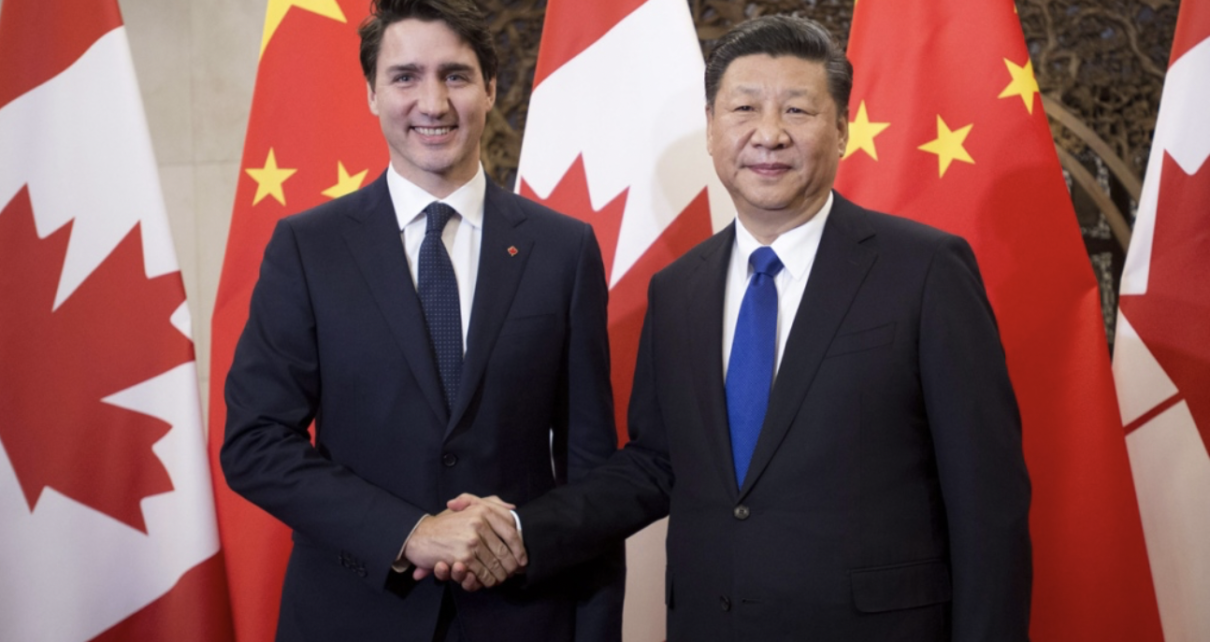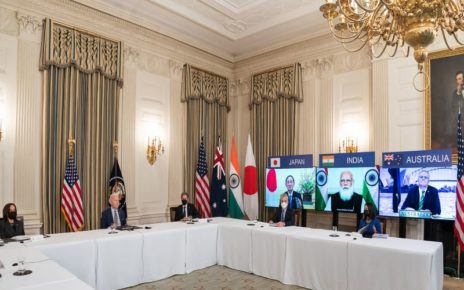Abstract: Canadian policymakers must be strategic when formulating policy in light of recent coercive diplomatic relations by China between Canada and the United States. Policymakers must respond to hostage diplomacy effectively and NATO poses a good framework on which to base the policy.
“Canada can’t pick and choose when it follows the rule of law,” said Prime Minister Justin Trudeau in November of 2020, and neither should any other country, as outlined in the Charter of the United Nations (UN). Canada currently faces conflict with China, one of the five permanent members of the UN’s Security Council, over how to interpret international laws, directly causing concern for the security of Canadians around the world. Canadian policymakers now are faced with additional challenges as they formulate policy for the Canadian people, with hopes of cooperation by the Chinese government.
Through its extradition treaty with the United States, Canada detained the Chief Financial Officer of Huawei, Meng Wanzhou, in December 2018. Because of the coincidence in timing of Wanzhou’s detainment in Canada with Canadian public service workers, Michael Kovrig and Michael Spavor, in China, experts argue that this was China’s play in “hostage diplomacy,” a coercive tool used to further advance Wanzhou’s trial and return to China. After nearly three years of detention, both parties were repatriated.
China and its diplomatic values, including the use of hostage diplomacy, are becoming an increasing concern for countries around the globe. “China was sending a message not just to Canada, but to every other country in the world that they take hostages. And if you step out of line from their policies or don’t toe the line the way Beijing has instructed you to do, then they will take retaliatory action and kidnap your citizens,” said senior fellow Margaret McCuag-Johnston at the University of Ottawa. China’s ability to detain Canadian citizens as pawns makes it more difficult for policymakers in Ottawa to create a policy that will satisfy both the security of Canadians alongside the Chinese government’s terms.
The Wanzhou case also creates implications for other countries, including NATO members. Huawei’s “attack” against the US results in an “attack against them all” (all being the detainment of the two Canadian Michaels). China’s hostage diplomacy, then, is a risk for other allied countries when seeking extraditions. Chinese authorities have been trying “to rewrite norms and manipulate existing procedures”, disregarding the United Nations Human Rights Office of the High Commissioner’s Working Group on Arbitrary Detention (WGAD).
There is a need to enact laws that can control and stop coercive diplomacy. Formulating such policies will be difficult for Canadian policymakers as the government of China can be unpredictable and refuses to admit that its actions constitute coercive diplomacy.
As hostage diplomacy directly impacts the security of its citizens abroad, Canada recently organized a Declaration Against Arbitrary Detention in State-to-State Relations, cosigned with 66 countries, “to enhance international cooperation and end the practice of arbitrary arrest, detention or sentencing to exercise leverage over foreign governments.” Of the 66 cosigners, the US was a founding endorser. China did not ratify this Declaration, saying it was “an aggressive and ill-considered attack designed to provoke China.” China’s lack of approval of this proposal designed to ensure the safety and legal detainment of its citizens abroad further strengthens the argument that the job of the Canadian policymakers will become more difficult.
Unfortunately, there is no way to predict how China will respond to this voluntary instrument as the WGAD had no way to prevent the Chinese government’s actions in the Wanzhou case. It may be beneficial for Canadian policymakers to use a regulatory instrument instead: a policy that comes with consequences for the Chinese government, like a halt in trade from the 66 signing countries rather than solely Canada.
When creating outlines for global understanding, Canadian policymakers should also look to consult with pre-existing legal documents, such as the North Atlantic Treaty. It is necessary that a framework be established for allied countries to use to enact a collective response in situations like coercive diplomacy. Whether it is a diplomatic or economic response, in acts of hostage diplomacy Canada should stand up for—and stand up with—the countries with which it already has a security treaty. NATO could set a precedent for this between the allied countries by creating a mutual understanding under Article 4 that when hostage diplomacy in enacted against an ally country, the “Parties [should] consult together…[as the] security of [a] Party is threatened.”
All of this to say, Canada needs a memorandum of understanding with the Chinese government. Regrettably, the Chinese government has not yet come to such a conclusion and therefore Canadian policymakers are in a much more difficult position to create policies that directly maintain the security of Canadian citizens while abiding by the Chinese governments expectations of Canada.
Photo: Prime Minister Justin Trudeau and President Xi Jingping at Diaoyutai State Guesthouse in Beijing. Via CTV News
Disclaimer: Any views or opinions expressed in articles are solely those of the authors and do not necessarily represent the views of the NATO Association of Canada.




